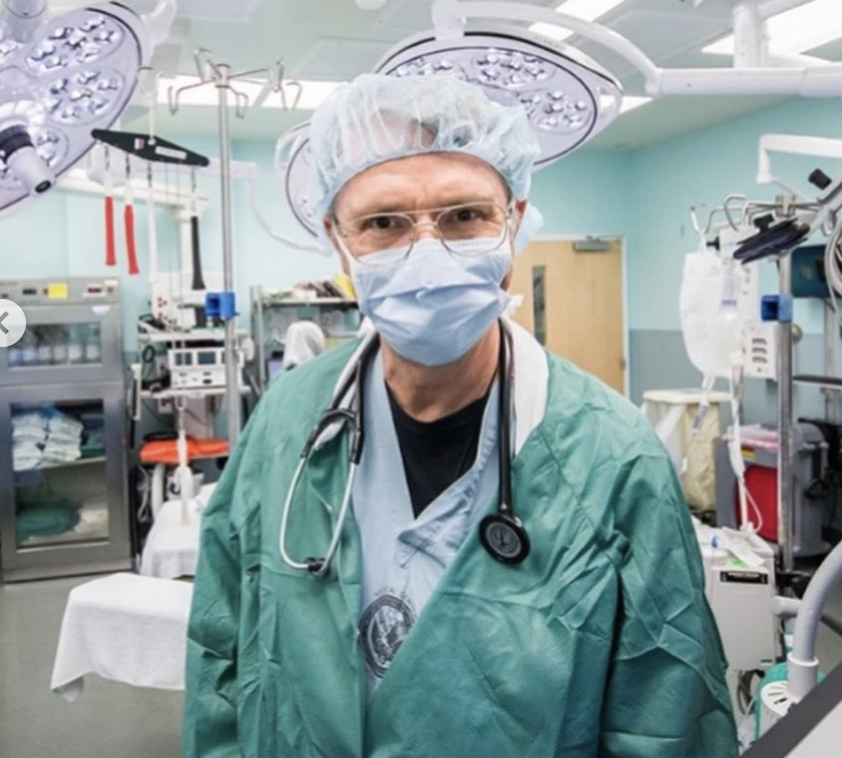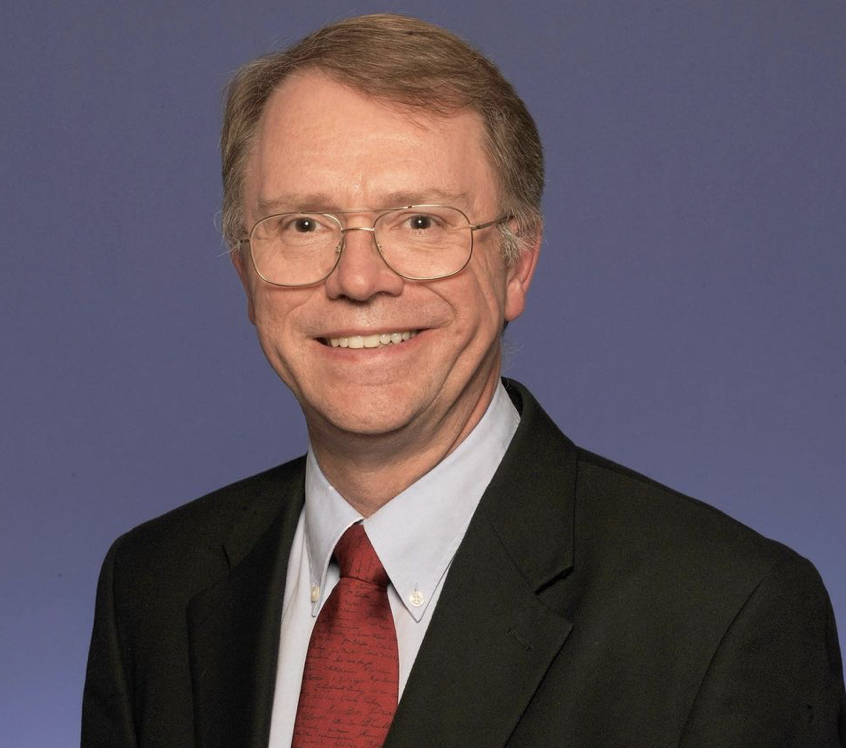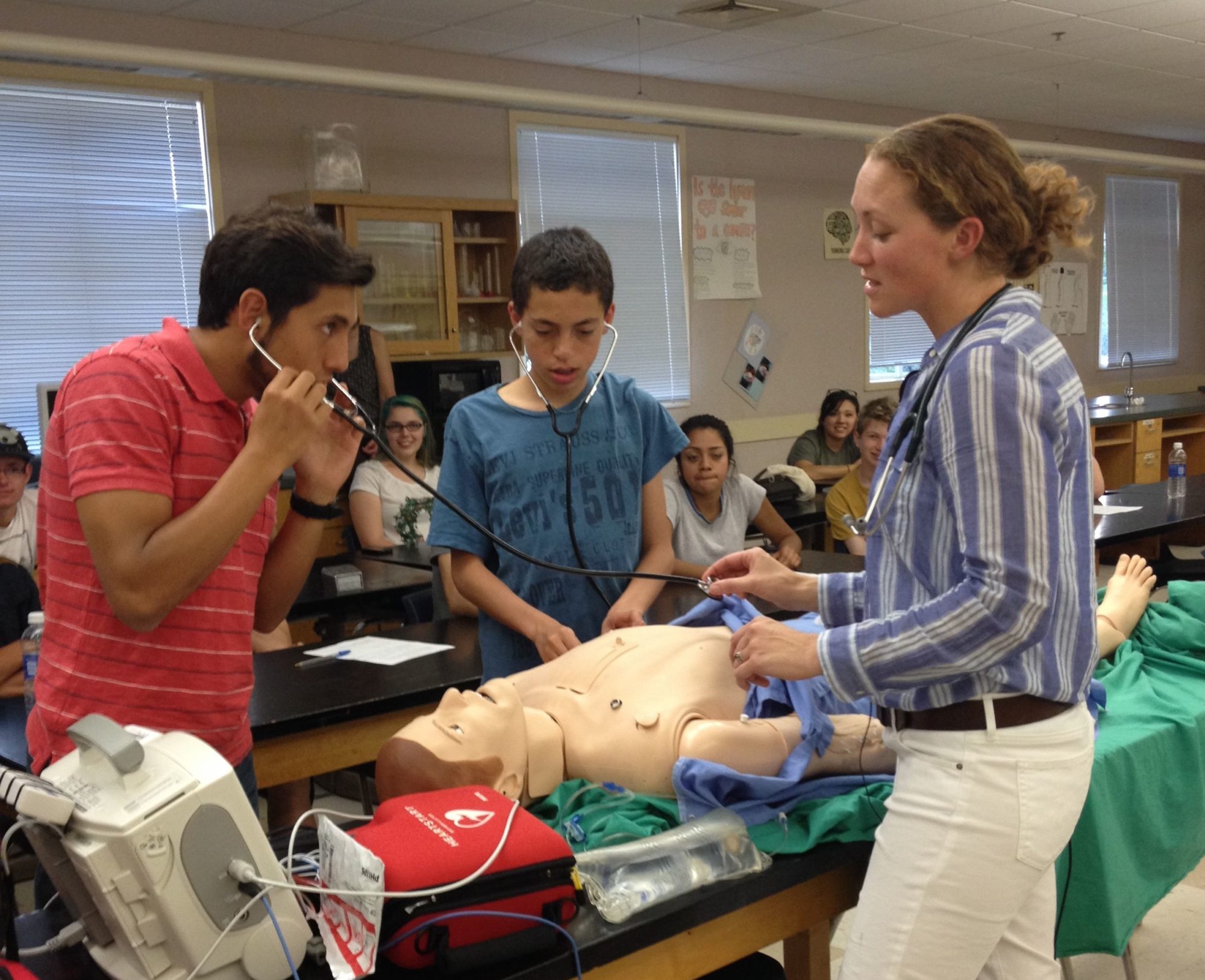with Art Wallace M.D. Ph.D. of the VA Medical Center San Francisco and UCSF
Wednesday, November 30th, 2022, 7:30 – 8:30 pm, Terra Linda HS Innovation Hub
Dr. Wallace will discuss approaches to rapid drug development for COVID-19 and Long Covid.
Details: As of November 26, 2022, 645 million people have contracted SARS-CoV-2 infection worldwide including 100 million Americans. There have been 1,104,751 (1.0%) U.S. deaths. Between 10-50%, or conservatively 10 million Americans, have persistent symptoms defined as Post-Acute Sequelae of SARS-CoV-2 Infection (PASC) or colloquially, Long COVID. Long COVID presents as persistent and fluctuating symptoms lasting longer than four weeks after an acute COVID infection. Symptoms are linked to autonomic, microvascular, and immune dysfunction. There is no standard treatment for Long COVID and little evidence about recovery. Long COVID is a public health emergency with consequences for healthcare systems, societal recovery, and individual morbidity and mortality.
In this session Dr. Wallace will discuss the process of testing medications to reduce the incidence, severity, and duration of COVID and Long COVID. COVID-19 enters cells by attaching to the ACE2 receptor. Dr. Wallace and his team tested the hypothesis that specific medications that interact with ACE2, alpha receptors, inflammation, and vascular function will reduce mortality in COVID patients. Future work will test if these same medications can reduce the incidence, severity, and duration of Long COVID. We will discuss the process to identify potential therapies for COVID and Long COVID.

Dr Art Wallace, MD, PHD is a cardiac anesthesiologist and biomedical engineer who is a professor emeritus of anesthesiology and perioperative care at the University of California San Francisco and Chief of Anesthesia at the San Francisco VA Medical Center. His research work has been on drug and device development to reduce perioperative risk.



